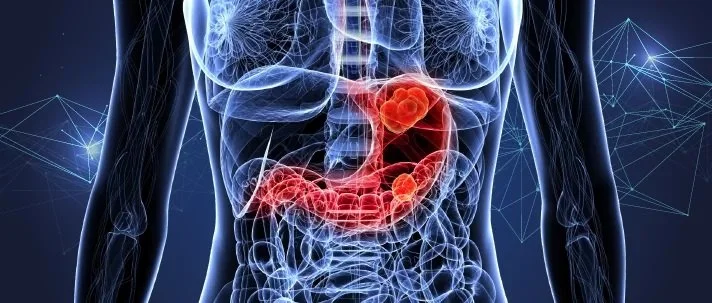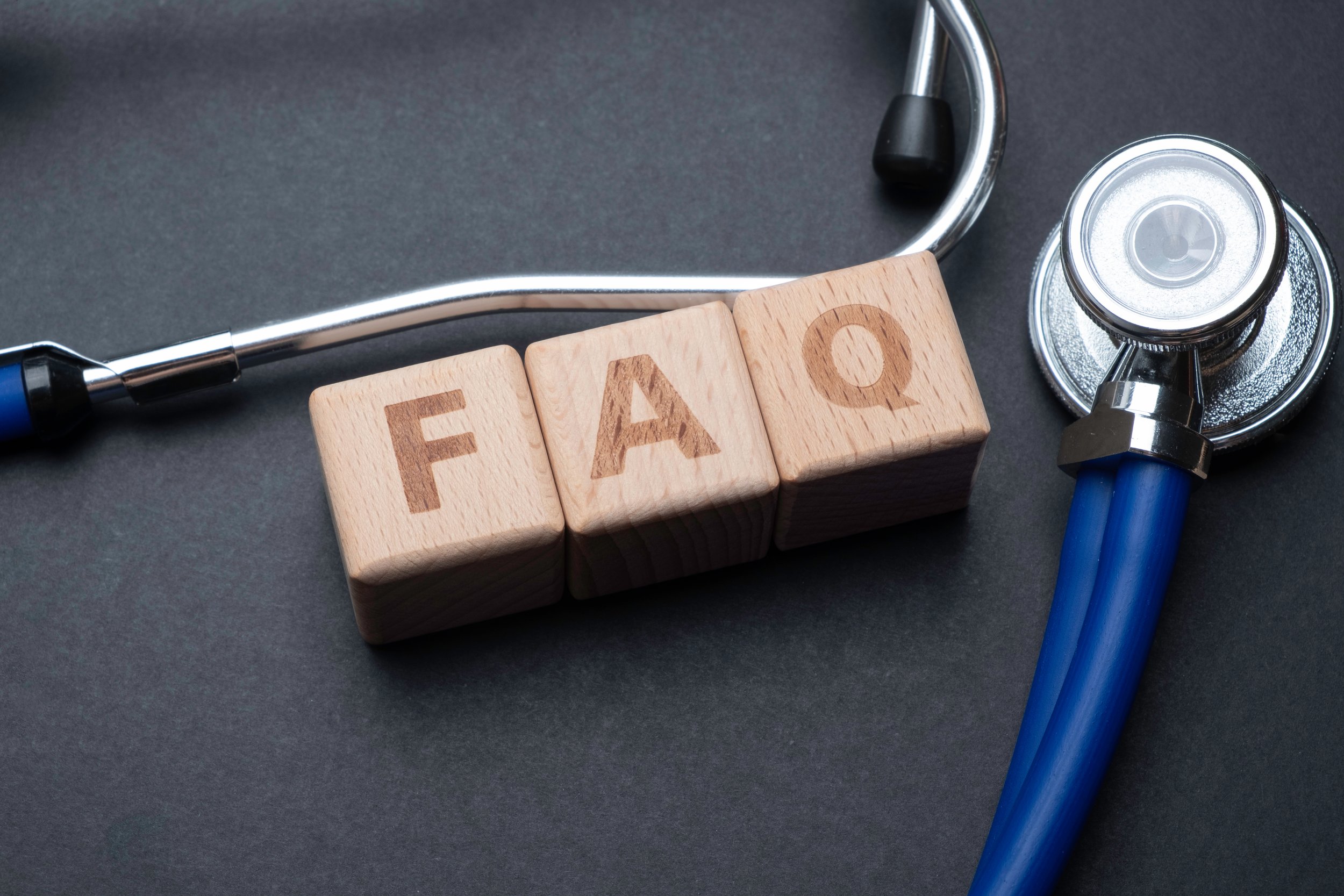Gastric Cancer Vitamin C Treatment Evidence
This article organizes the evidence and information from 10 colorectal cancer (CRC) studies that use high dose vitamin C to improve cancer cell kill rate and reduce toxicity from chemotherapy. Each section includes the evidence summary above the research fact table.
Gastric cancer most often is detected in an advanced stage, and patients have an overall five-year survival of approximately 30%. It is considered highly lethal due to its ability to resist treatment and metastasize. Many preclinical and clinical studies conducted over the last several years have shown that high dose intravenous vitamin C (IVC) sensitizes tumors to chemo/radio therapy, kills cancer cells via oxidative stress, and reduces the toxic effects of chemo and radiation.
Successful Clinical Trial Leads to Phase II Study
The clinical trial combined high dose intravenous vitamin C (IVC) with the chemotherapy regiments mFOLFOX6 and FOLFIRI. mFOLFOX6 includes oxaliplatin, leucovorin and 5FU. FOLFIRI was comprised of irinotecan, leucovorin and 5FU. IVC was administered for three consecutive days during the mFOLFOX6 and FOLFIRI treatments.
The researchers found that IVC combined with the chemo improved gastric cancer killing effect compared to using chemo alone. The high dose of IVC was well tolerated and was shown to be safe when used with the listed chemotherapeutics. Furthermore, the study showed significantly decreased bone marrow and gastrointestinal toxic effects compared with previous trials investigating the same chemotherapeutic regimens in gastric cancer.
Vitamin C Kills Cancer and Protects Normal Cells From Chemo
The first five pre-clinical studies were all conducted by the Holden Comprehensive Cancer Center at the University of Iowa. These studies determined that high dose Vitamin C (VitC) enhanced the ability of five “first-line” chemotherapeutics and also radiation to kill human gastric adenocarcinoma cells. They recorded that VitC combined individually with radiation, 5-fluorouracil, cisplatin, irinotecan, paclitaxel and carboplatin was 50% more effective at killing human gastric cancer cells than the chemo or radiation therapies alone.
Furthermore, when VitC is combined with 5-FU and radiation, an additional 50% improvement in cancer cell killing was observed. This is another example of where Vitamin C demonstrates cytotoxicity and chemo/radio sensitization to cancer cells.
The study also confirmed that high dose Vitamin C’s anti-cancer mechanism of action is its ability deliver continuously high levels of (hydrogen peroxide), which imposes oxidative stress on the tumor, leading to cancer cell DNA damage. This damage to the cancer cell DNA is believed to be the chemo/radio sensitizing action that makes the combination more effective than using standard care alone. This represents another study that confirms how VitC is an effective anticancer therapeutic.
Lastly, VitC selectively is harmful to cancer cells, while continuing to be an antioxidant to normal cells. This feature protects normal cells against the toxic damage brought on by the radio and chemotherapy.
Two more preclinical studies focused on gastric cancer cells with high GLUT1 expression. VitC was administered with chemotherapies oxaliplatin and irinotecan; the combination of VitC with either chemotherapy delivered synergistic results that were superior to using either of the drugs alone. Specifically, VitC with oxaliplatin or irinotecan led to increased cancer cell death and less proliferation of the gastric cancer.
In this case, the anti-cancer mechanism was utilizing the over expression of GLUT1 to damage cancer cells using oxidative stress. GLUT1 is a transporter that imports oxidized VitC into the cancer cell, but this is unwelcome so the cancer cell depletes antioxidants (e.g. glutathione, NAPDH) to remove the VitC. This event happens repeatedly in the cancer cell, and it increases the reactive oxygen species (ROS) levels in the tumor cell. The end result is an imbalance that damages cancer cell components, particularly the DNA. The DNA damage and reduction of antioxidant barriers brought on by VitC are believed to explain why it consistently has a synergistic effect with chemo, radiation, and targeted therapies. This mechanism of action is also widely reported in other studies.
The final preclinical study combined cisplatin with VitC to observe that the combination can increase the percentage of apoptotic and necrotic gastric cancer cells in comparison to using cisplatin alone. The researchers also suggest that by using VitC opens up a “a possible approach for the treatment of gastric cancer with more potency and less amount of administered cisplatin” to reduce the toxic effect of the drug.
Phase II Trial Underway
Researchers are treating patients with advanced gastric cancer who have experienced a failed second-line or above treatment. Patients will receive IVC three days every two weeks with metformin taken orally daily until disease progress is confirmed. Study results are expected to be reported some time in 2023.
Medical Advice Disclaimer:The information, including but not limited to, text, graphics, images and other material contained on this website are for information purposes only and was based on the latest research accessible to the author at the time of publication. No material on this site is intended to be a substitute for professional medical advice, diagnosis or treatment. Always seek the advice of your physician or other qualified health care provider with any questions you may have regarding a medical condition or treatment and before undertaking a new healthcare regiment, and never disregard professional medical advice or delay in seeking it because of something you have read on this website.




















